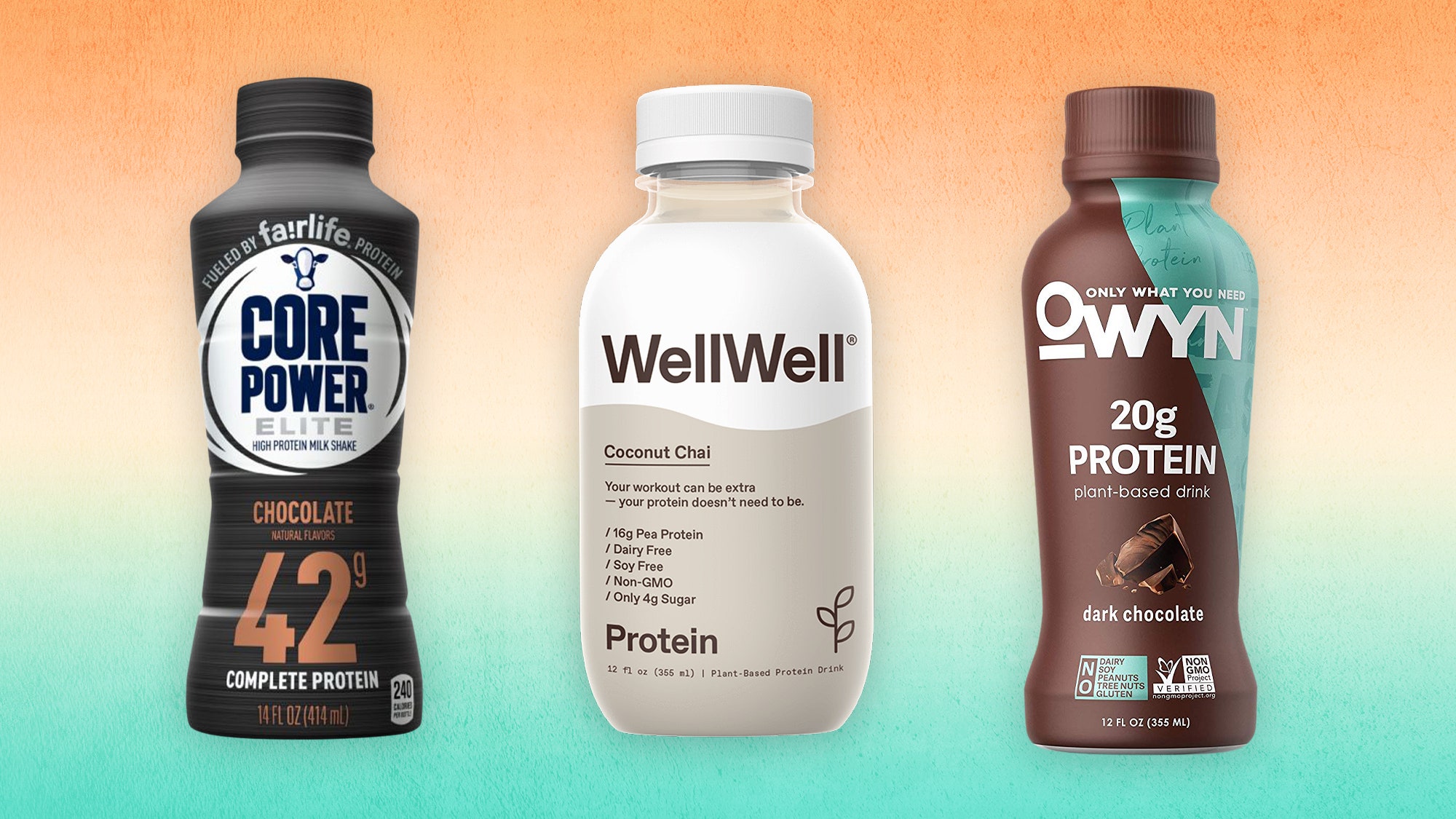
There are several factors to consider before undergoing gastric bypass surgery. It is important to think about the minimum age required for bariatric operation, the procedure and the possibility of complications. For patients younger than 18, many surgeons will not recommend this type of surgery. You can read more about this surgery. A shorter recovery time can be expected after the surgery. The patient's overall health and weight loss goals will determine the age limit.
Bariatric surgery is only for those who are at least 18 years of age
Bariatric surgery is a procedure that requires a minimum age to undergo. However, the average age is between 21 and 65. The first step towards a healthy lifestyle is bariatric surgery. This procedure can help improve a person’s quality of living. It is important to understand the risks and potential side effect of bariatric surgeries. Stop smoking before having surgery.
Most bariatric surgery patients are subject to a pre-surgery screening process. This screening involves discussions with a team of healthcare providers, including a doctor, dietician, psychologist, and surgeon. Your doctor may also ask you questions about your past, including whether or not you have ever been abused or suffered from mental illness. If you are under 18 years old, you should not undergo bariatric surgery unless you are emotionally prepared for the procedure.

Procedures that are less invasive
You may be interested in a less invasive option if you have failed to lose weight previously. Laparoscopic procedures, also known by lap bands, involve small incisions that are hidden in the stomach. The procedure reduces how much food can be eaten and shrinks the stomach. By reducing hunger hormones, the procedure can reduce feelings of fullness. Because of these factors, patients often lose significant amounts of weight.
Patients must have appropriate medical examinations before undergoing surgery. They also need to continue long-term medical care. It is important to fully understand the risks and potential complications. Behavioral modification can be used to prolong the surgery or increase the effectiveness of the procedure. It can lead to significant weight loss for obese patients. Before undergoing surgery, patients should talk with their doctors about the risks and benefits.
Risk of complications rising
Gastric bypass surgery can be complicated for many reasons. Patients over 55 are more likely to have the procedure performed safely. According to the study, the 30-day follow-up rate was 98.1% and 8.4% of patients developed some form of complication. The risk of certain surgical complications rose from 14% to 41% among patients aged 50-54. The risk of thromboembolism in patients 60+ was much higher.
Increasingly, people are undergoing bariatric surgery at an older age. The study's objectives were to examine the risk of complications and mortality in older patients who had undergone gastric bypass. The study population consisted of patients who underwent the procedure from 2007 to 2016, and were included on the Scandinavian Obesity Register. The data were then analyzed with multivariate analysis to determine the differences in risk for older and younger patients.

Longevity of patients after surgery
A new study examined the long-term consequences of gastric surgery. Data from prospective patients with BMIs between 30-60 were examined by the authors. The mortality was analyzed using a Markov and logistic regression model. The study found that patients who had had gastric bypass surgery had a 6.7% longer life expectancy than those not. Most deaths occurred due to known complications within the first 2 weeks after surgery. This research suggests that patients with high BMIs may experience increased mortality after the procedure.
Comorbidities that are less likely to lead to cardiovascular disease may be reduced. However, improving exercise tolerance and breathing abilities will have long-term health advantages. Patients may also be able return to regular exercise and to participate in sports, which was previously impossible. The long-term outcomes of patients who have undergone gastric bypass surgery are critical for evaluating their success.
FAQ
How do I lose weight
People who desire to look great are most interested in losing weight. People lose weight for a variety of reasons. They want to live longer, be healthier, and live longer. There are many ways to lose weight, and there are different types of exercises. Some of them include cardio training, strength training, yoga, pilates, running, swimming, cycling, etc. Each exercise has its pros and cons. Walking, for example, is the best way of burning calories. For building muscle mass, weight lifting is the best choice. This article will explain how to lose fat and what exercise to do.
When trying to lose weight, the first thing you need to think about is the type of diet plan that you should be following. You don't necessarily need to eat less food; rather, you just need to eat fewer processed foods and avoid junk food. It's recommended to consume at least 2200 calories per day. Your calorie intake should be reduced if your goal is to lose weight fast. This will make it easier to lose weight.
Start exercising if you want to quickly lose weight. Exercise is a great way to burn calories and increase your metabolism. Combine exercise and healthy eating to effectively lose weight. You'll lose more energy by exercising, so you'll be unable to eat as many calories. Your body will begin to burn fat quicker if you train regularly. Regular workouts are a way to stay healthy. They can help you keep fit and prevent conditions such as heart disease, diabetes, hypertension and obesity.
It is important to get as much exercise as you can. Walking burns around 500 calories per hour. If you walk 30 minutes every day, you will burn around 1500 calories. Therefore, you will lose 1 pound of fat per week. For 10 minutes, you can run or jog. Running burns around 1000 calories per hour. If your goal is to lose 5 pounds in 3 weeks, you should run for 20 minutes three times a week.
It is important to combine healthy eating habits with exercise to lose weight. Balance these two aspects.
How often are people quick?
People who are on a ketogenic diet only fast once a week. But, some people fast twice per week. Others fast three or more times per week.
There is a variation in the length of fasts. Some people fast for 24 hours, whereas others fast for 48 hours.
Some people can even travel for up to 72 hours. However, these extreme cases are rare.
How Much Weight Can You Lose in a Week?
Your current body fat percentage will determine how much weight you can lose. First, calculate how much weight your goal weight is and then determine what your BMI (Body Mass Index). Your BMI will tell you how much weight to lose. If your BMI is 25 or greater, you're overweight. If your BMI exceeds 30, you may be obese.
For example, if 200 pounds is your BMI, it would be 28.7. To drop to a healthy range of weight, you will need to lose approximately 70 pounds. To see if you're overweight, visit www.healthyminds.com/bmi/.
Once you know your BMI, this formula will allow you to determine how many pounds per week you'll be able to lose.
(Your Goal Weight - Current Weight)/BMI * 7 Number Of Pounds Lost Per Week
You would need to do 2 weeks of exercise to lose 50 lbs in one month. This is equal to 56 days. Divide that by 7 pounds per week. This works out to 8.3 lbs per week.
You could also try this calculator from www.weightlosscalculator.net. It will provide an approximate amount of calories that you would need daily to lose one pound per month.
Statistics
- It's estimated that half of all American adults attempt to lose weight every year (1Trusted (healthline.com)
- According to Harvard Health, it's estimated that a 155-pound (70-kg) person burns around 167 calories per 30 minutes of walking at a moderate pace of 4 mph (6.4 km/h) (5). (healthline.com)
- Among women, the increase in metabolic rate was nearly 4%, or 50 more calories per day (14Trusted Source (healthline.com)
- According to Harvard Health, it's estimated that a 155-pound (70-kg) person burns roughly 112 calories per 30 minutes of weight training (5). (healthline.com)
External Links
How To
How to lose weight fast without exercise
Fast weight loss is possible by eating fewer calories than you burn. This will make your body burn more fat to generate energy. Your body will reduce the amount of calories you eat and begin to use that energy to make muscle tissue, leading to some muscle reduction. Although you can lose weight even if you aren't working out, it's likely that you'll lose more muscle mass.
It is possible to lose weight fast and not have to exercise by reducing your calorie intake. While many people believe they need to cut back on their food intake, it is not the truth. You want to eat fewer calories than what you burn when you are trying to lose weight. How much food should you eat each day? It depends on how much you exercise each day. For example, a runner who walks 3 to 5 miles per day would only require 2,500 calories daily. One who sits at the desk all day would require 1,600 calories daily. An individual who exercises, like lifting weights, would consume around 2,000 calories each day.
To lose excess weight, you need to cut back on your caloric intake. Many people feel that they shouldn't eat as much food as they do because they feel hungry. However, this is not the truth. Your body doesn't care if your hunger pangs are gone or not. It just wants to be healthy. It is important to monitor your calorie intake in order to lose extra weight. You can monitor your calorie intake with many online apps. MyFitnessPal is one of the most popular apps.